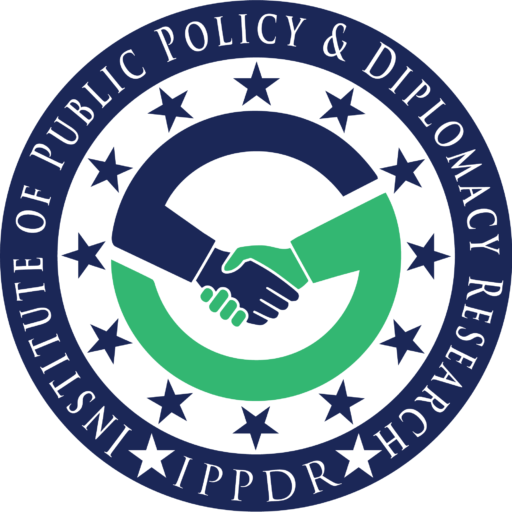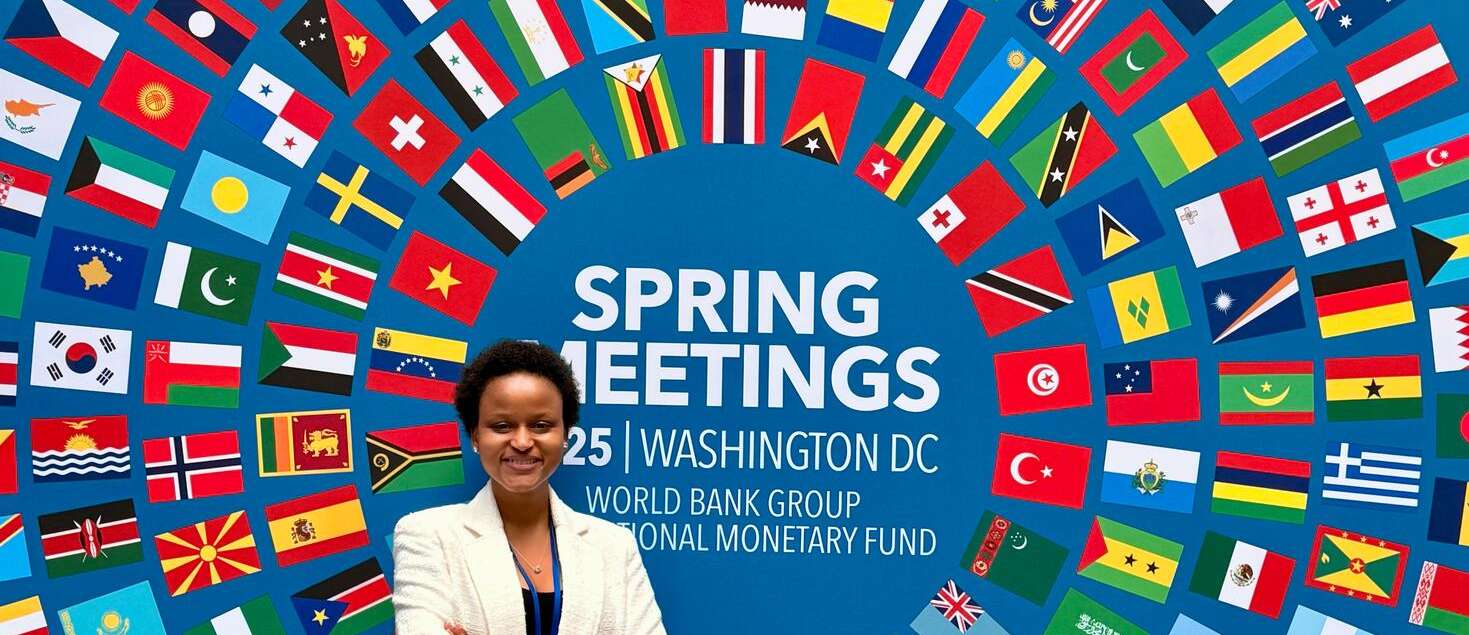IMF 2025 Spring Meetings
The 2025 Spring Meetings of the International Monetary Fund (IMF) and the World Bank Group, held in Washington, D.C., from April 21–26, convened global leaders to address escalating debt crises, trade tensions, and the future of multilateralism.
Amid these discussions, questions arose about whether economic policies are being crafted in isolation or detached from grassroots realities.

From Markets to Movements
IMF Managing Director Kristalina Georgieva emphasised the need for a balanced and resilient global economy in her speech. She highlighted the challenges posed by trade tensions and financial market volatility, urging countries to pursue policies that support collective resilience and well-being.
Georgieva stressed the importance of cooperation in a multipolar world and the need for policies to cushion the impacts on those adversely affected by economic shifts.
Institutional Reform or Rebranding?
U.S. Treasury Secretary Scott Bessent called for significant reforms in the IMF and World Bank. He criticised the institutions for focusing on issues like climate change and gender equity, arguing that they should concentrate on their core economic development missions.
Bessent affirmed the U.S. commitment to these institutions but emphasised their need to align more closely with America’s strategic interests.
Debt Relief vs. Local Survival: The Diriyah Declaration’s Dilemma
A highlight of the week was the Diriyah Declaration, which aims to strengthen the IMF’s governance and address debt service pressures.
Members encouraged the IMF and World Bank to advance the implementation of a three-pillar approach to manage debt sustainability, emphasising the importance of coordinated efforts to support countries facing fiscal challenges.
The Real Crisis: The IMF’s Development Blind Spot.
While the IMF’s historic mandate focuses on macroeconomic stability and fiscal balance, there is growing recognition that economic stability cannot be separated from human-centred development.
The Spring Meetings included forums on civil society, yet there remains no structural mechanism to integrate grassroots expertise into the IMF’s country-level decisions.
Debt restructuring and austerity discussions often overlook how budget cuts affect community-level peacebuilders, women-led NGOS, mental health advocates, and local educators. In many fragile states, these groups are the last defence against radicalisation, unrest, and violence.
Reimagining Global Economic Governance for Peace
The 2025 Spring Meetings underscored the complexities of navigating global economic uncertainties. While calls for institutional reforms and policy adjustments were prominent, the path forward requires concerted efforts to balance national interests with the collective goal of global economic stability and resilience.

Incorporating grassroots perspectives into policy-making processes could bridge the gap between macroeconomic strategies and on-the-ground realities, fostering a more inclusive and practical approach to global economic governance.
Key Institutional Takeaways from the 2025 IMF Spring Meetings
Human-Centered Policy Is Urgent
Economic decisions must integrate social outcomes—development without peace, equity, or inclusion is unsustainable.
Inclusive Governance Is Still Lacking
Civil society and grassroots actors remain on the sidelines; true multilateralism must include local voices in policymaking, not just consultation.
Debt Sustainability Requires Justice
Debt restructuring must consider long-term peace and stability, not just fiscal math—especially for fragile states.
Mission Clarity vs. Modern Challenges
Tensions between focusing on core mandates (macroeconomics) and addressing new realities (climate, gender, conflict) remain unresolved—yet the world demands both.
Institutions Must Be Agile
The IMF is being challenged to adapt. IPPDR must lead by modeling institutional innovation, cross-sector solutions, and foresight-driven diplomacy.
Diplomacy Must Bridge the Gaps
Where financial institutions fall short, peacebuilding and public policy institutions like IPPDR must advocate for equity, stability, and inclusive development.
IMF Contributors
On behalf of the Institute of Public Policy and Diplomacy Research (IPPDR), we extend our heartfelt gratitude to the International Monetary Fund for convening the impactful 2025 Spring Meetings.
These critical conversations on global economic resilience and sustainable development reflect the shared commitment to a more equitable and inclusive future.
We are particularly proud of Global Peace Ambassador Ms. Kadiatou Ly, who represented IPPDR with distinction and integrity. Her participation reinforced our mission to promote youth engagement, peacebuilding, and sustainable policy advocacy on international platforms.
Find more information
For partnerships, training opportunities, and official documentation from CEPA 24
Website: www.ippdr.org
Email: info@ippdr.org

